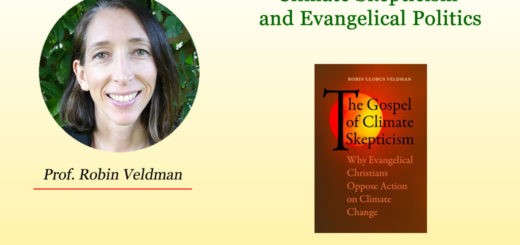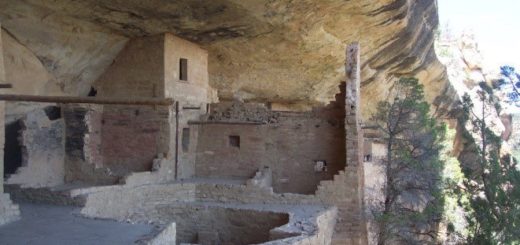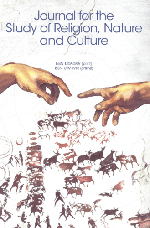Article by Georgina Drew on Slow Infrastructure in India
We’re excited to share information about a new publication from ISSRNC scholar (and board member) Georgina Drew in the journal Postcolonial Studies that explores the idea of “fast” and “slow” infrastructure, using composting and rainwater harvesting as examples of “slow infrastructure” that may resist certain postcolonial logics embedded in “fast infrastructure.” The article draws on ethnographic research and explores questions of multi-species and more-than-human relations and how they can be understood through a distributed ethic of maintenance and care to resist the postcolonial logics of “fast infrastructure.”
Here is the abstract from the article, which was co-authored with Matt Barlow.
The (post)colonial logics of speed and convenience are manifest in many of today’s infrastructural projects, creating what we consider to be ‘fast infrastructures’. These infrastructures create ease for some and harm for others while exacerbating social and environmental crises around the world. Addressing these crises requires, we argue, a slowing down. Enter the role of ‘slow infrastructures’. In this paper, we highlight two forms of slow infrastructure that provide possibilities for rearranging our infrastructural orientations: composting and rainwater harvesting. Drawing on fieldwork conducted throughout 2018 and 2019 in Kochi, Kerala, this research asserts that in order to do infrastructure differently, an unworking of convenience and speed is required. This unworking can be achieved through an attunement to multi-species and more-than-human relations, matched with a distributed ethic of maintenance and care. Our ethnographic examples, one from a hospital and another from a hotel, suggest that slow infrastructures can meaningfully offset the threat of disfunction and ‘urban failure’ that confronts cities increasingly marked by turbulence and uncertainty. While these examples draw from the tropics of urban South India, they offer lessons helpful to unworking the harm caused by fast infrastructures in other parts of the globe.
You can find more information and access the article here.












